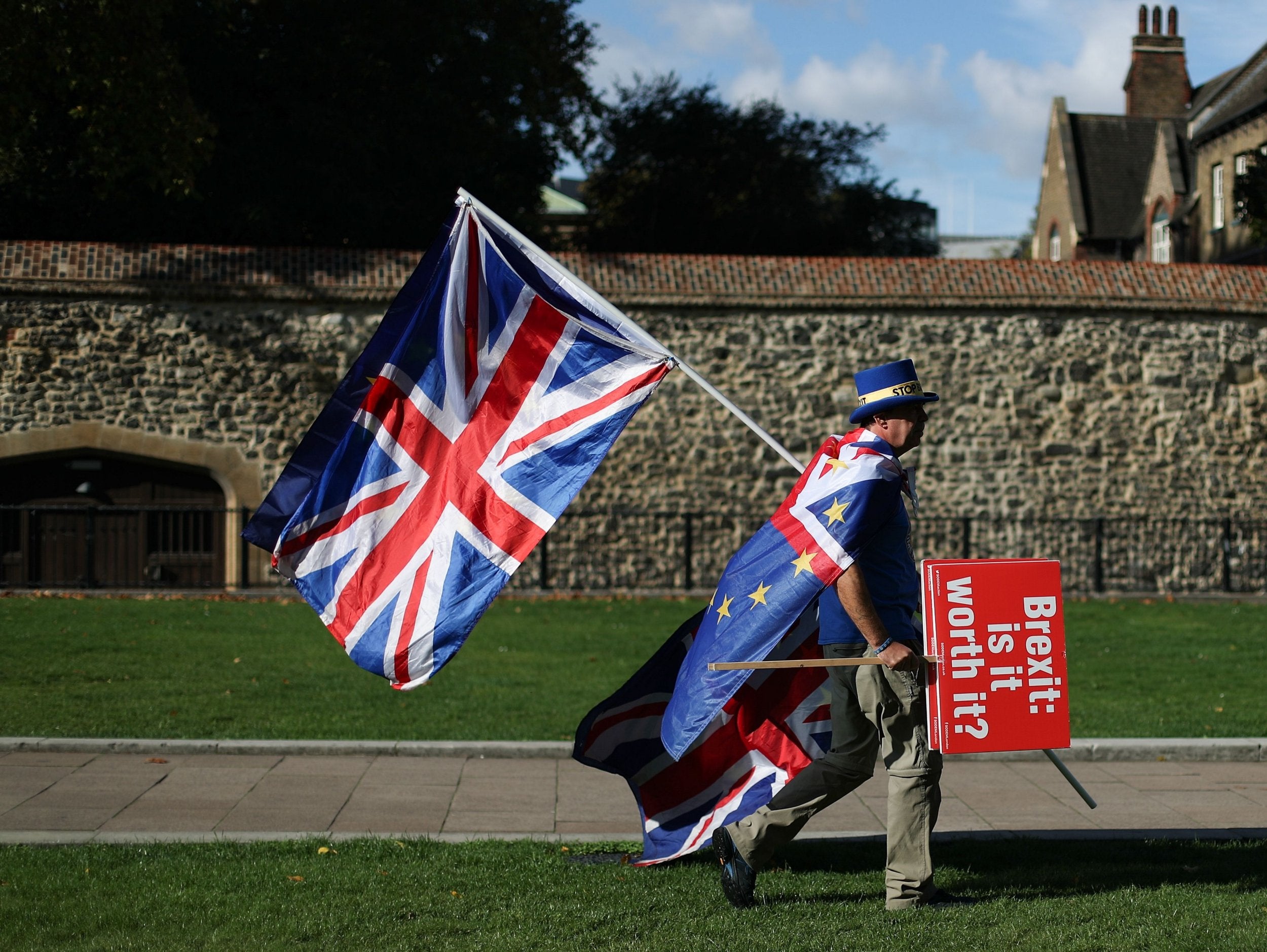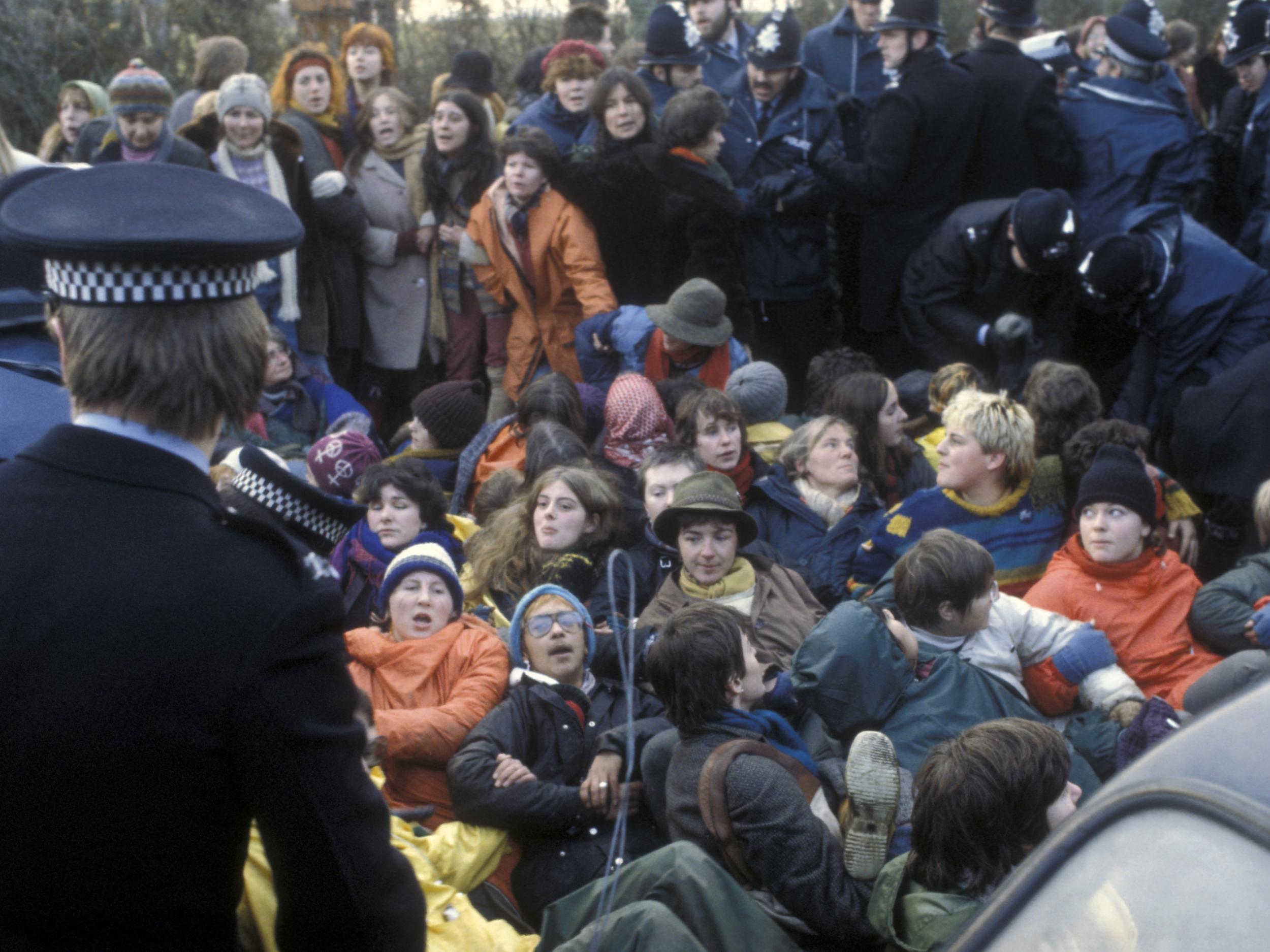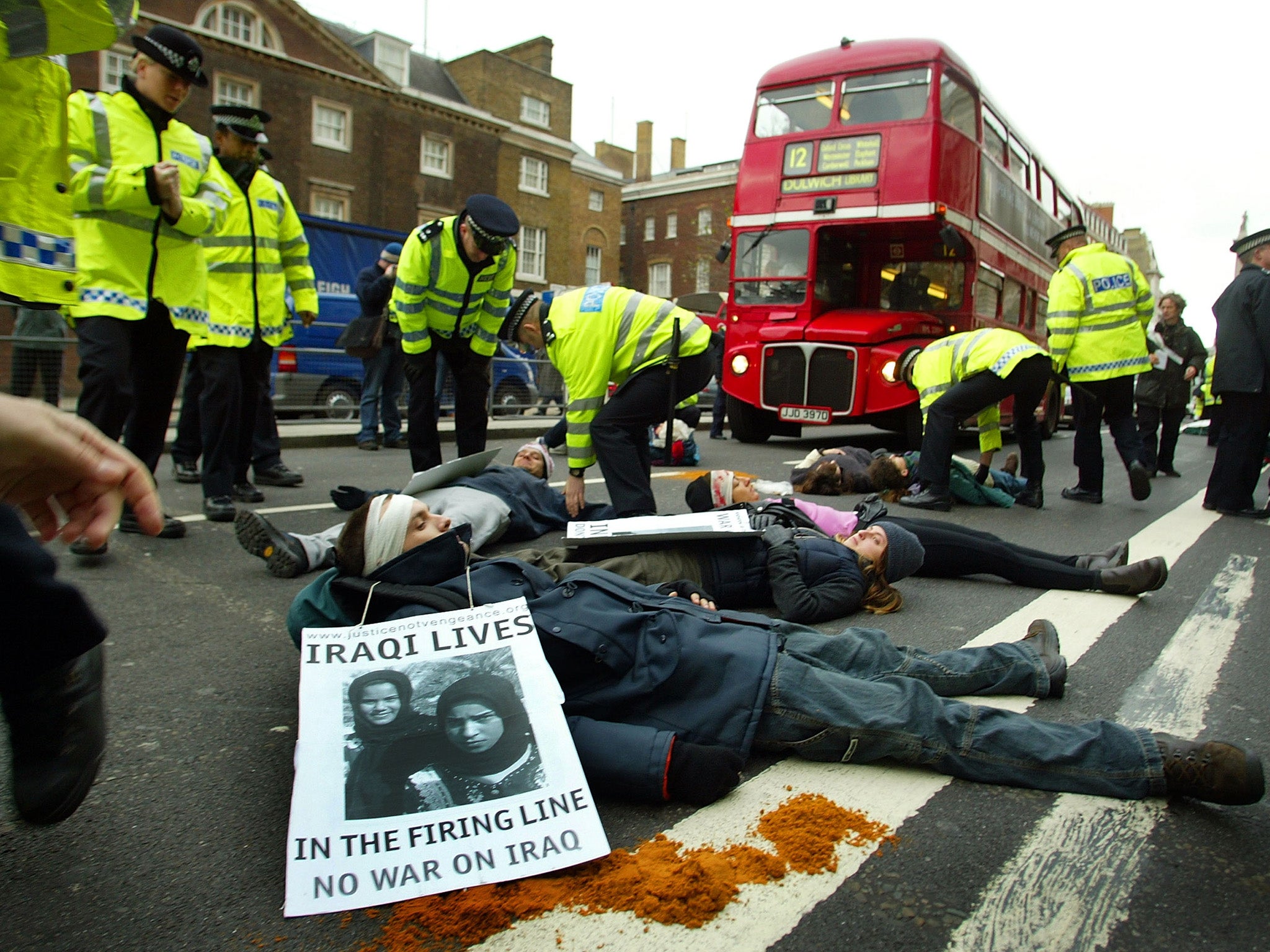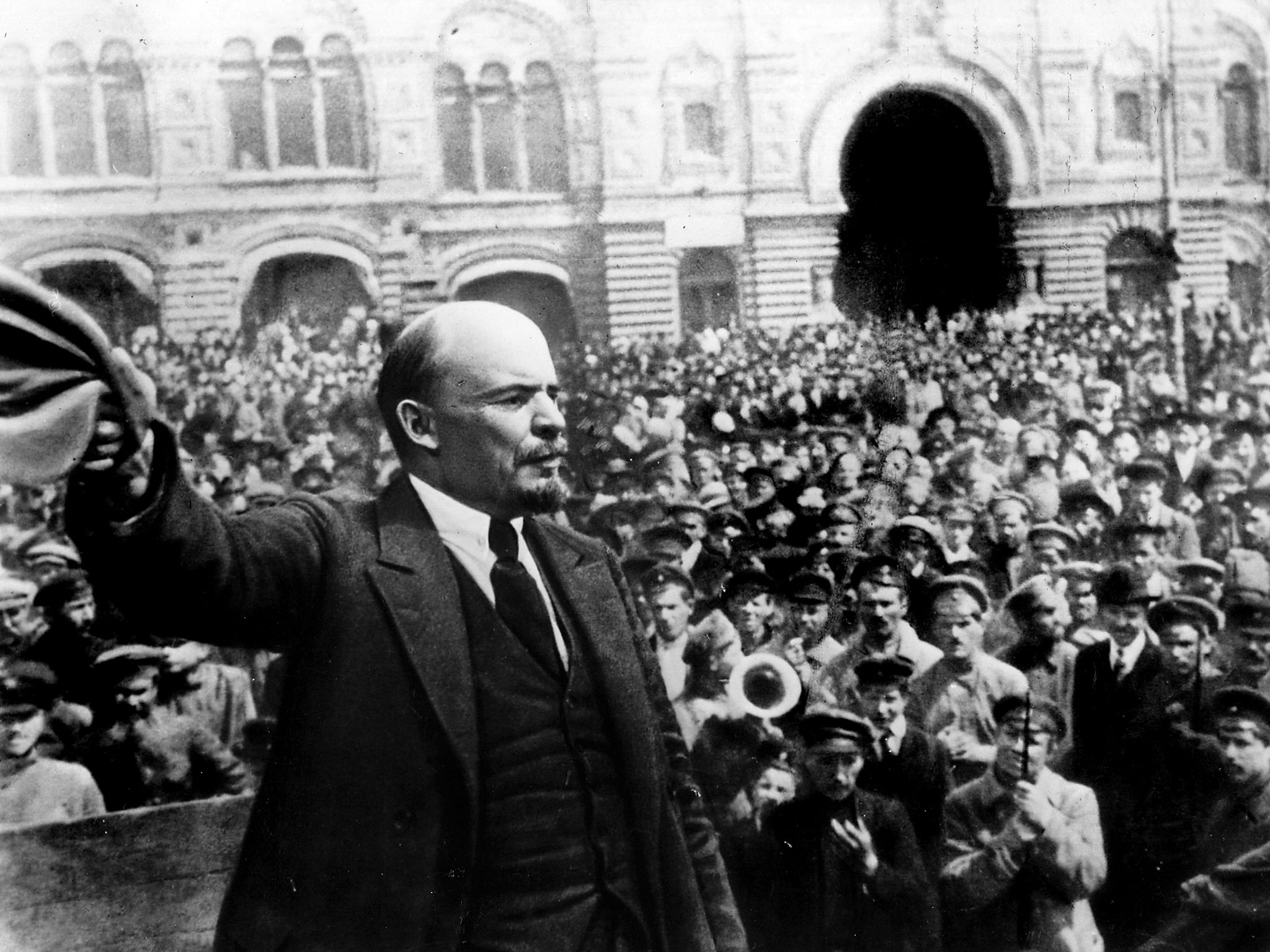Why protest? Because we can do no other
As protesters prepare to march in London to demand a Final Say on Brexit, Sean O'Grady examines how public dissent can turn political tides


Why protest?
The fundamental reason is that very often the common people, to use an old-fashioned term, have no alternative but to do so. A lot of those attending this weekend’s March for the Future will feel that way. Many feel as though they were cheated on and lied to during the 2016 EU referendum campaign. Some will have voted Leave, but now feel that they want a Final Say on the terms of Brexit. They see parliament deadlocked and look on as ministers make a mess of the country. They are patriotic. They are anxious. They want to “do something”. They have a perfect right to protest, and they are going to seize it. They can do no other.
Protesting is also about changing things. It can never guarantee political or cultural reform; but without it, change is always likely to be much more difficult. Time and again, history shows that many of the freedoms and liberties we take for granted today were only won through the commitment and bravery of individuals prepared to make their voices heard – even if the odds seemed stacked against them.
Indeed, arguably every freedom we enjoy today has had to be struggled for. These past few years have seen a succession of celebrations and memorials for the Suffragette movement. It is only just 100 years since (some) women were granted the right to vote in general elections and to stand for parliament; a sobering thought. A supposedly Liberal, progressive government had long played a “cat and mouse” game with the women who wanted the human right to participate in our democracy, just as their husbands, brothers and fathers did. They, too, protested – breaking the odd window, going on hunger strike, organising marches and petitions, holding public meetings, pamphleteering and lobbying often unsympathetic, complacent, patronising Edwardian patricians. They were clever with their propaganda, too. Ian Hislop’s exhibition at the British Museum, “I Object”, has an old penny coin from 1903 with the slogan “Votes for Women” stamped over the image of Edward VII – an ideal way, literally, to circulate their plea.
In truth, the Suffragettes made little progress, for all their sacrifices, until the Great War changed the economic and social status of women – when they were drafted into civilian and auxiliary war work and to take the place of men sent to the front. Had such events not intervened they might have had to wait much longer to be able to cast their ballots.
And yet the Suffragettes protested because they could do no other. Some might have had faith that their cause would one day triumph – but even the most confident could not predict how or when. They felt – knew – that their cause was right, and could not be denied; but that even if it was, it could not be abandoned simply because some powerful men wanted it to go away. They were not going to allow their cause to be quietened. So they kept making noise.
The most outstanding example globally of mass protest must be the civil rights movement in the United States. Today, and even with the prejudice that still sometimes disfigures public debate and private behaviour, it is hard to imagine an America where people of colour were obliged, under pain of prosecution, to use different rest rooms, separate drinking fountains, and where parks, beaches and restaurants, and much else were segregated on racial lines. Even in the armed forces there were black and white units, fighting and dying not quite together as Americans.
When, in December 1955, Rosa Parks famously took her stand against being told to give up her “coloured” seat on a crowded bus so it could be given to white passengers, she was simply standing up for her dignity. She was fined $10 (£7.60) for that, but she helped bring about the most profound social change in her country. Against every rational assumption in the half of America where segregation seemed firmly and permanently entrenched, within 10 years of her lonely, quiet protest, civil rights legislation had been passed that began the long process of restoring the rights of all black Americans.
200,000
The number of people who descended on Washington DC for the March for Jobs and Freedom, at which Martin Luther King delivered his ‘I have a dream’ speech
Yet it would not have happened in the way it did, were it not also for the principled and gifted leadership of Martin Luther King, whose moral certainty and extraordinary facility for moving, poetic oratory has echoed down generations. He uttered some of the most famous spoken words in the English language at the Lincoln Memorial at the culmination of the March on Washington, in 1963. Yes, he had a dream, and, now his dream was gaining in momentum and power.
At a time when many black Americans were disenfranchised because of restrictive “Jim Crow” electoral laws (a return to which is being witnessed in some places), all they had was the right to protest and to find a voice – their own, represented by Luther King’s. Some 200,000 descended on DC for the March on Washington for Jobs and Freedom. Its scale, and the dignity of the demonstration, finally – belatedly – pushed congress to honour the promises made to African-Americans at the end of the Civil War a century before.

Three decades later, the Million Man March on Washington, organised by Louis Farrakhan and the Nation of Islam, reminded America and the world that there was much still to do, whatever the statute books might say. Politically and culturally, then as indeed now, the status and respect accorded to people of colour was not equal to that given to fellow citizens who happened to have a different ethnicity. Since the 1990s, though, Hollywood, business and the arts have made more progress in recognising and valuing the work and talents of all Americans.
Protest need not be always a physical show of strength or feeling, or that alone. Staying with the American theme, the world saw how Black Lives Matter and the #MeToo movements combined physical protests and marches with waves of activity on social media, a new democratic medium through which people’s dissent can be registered in unfiltered form. Social media is, as we know, frequently misused and is often a platform for propaganda, or “fake news”; but it can and does give voice to those who find it impossible otherwise to make themselves heard.
If American marches are proof of their success, might it not be that the history of marches and protests in Britain offer some evidence to the contrary? The Jarrow Crusade in 1936, for example, failed to alter government policy during the Great Depression. Hundreds of men made the journey on foot from their benighted town, which was then suffering a 70 per cent unemployment rate in the age before the welfare state. When they finally made it to London, the prime minister, Stanley Baldwin, refused even to meet them. They went home, still jobless. The People’s March for Jobs in 1981, with another in 1983, a conscious echo of the hunger marches of the 1930s, similarly found little help from a Conservative government.
The Greenham Common women, who famously set up a settlement on the site of a US military base in Berkshire, also failed to stop cruise missiles being stationed on British soil in the 1980s. Before them, the famous 1958 Aldermaston March and every CND rally since have not – yet – ended the scourge of nuclear weapons. The biggest march in British political history, the Stop the War protest in 2003 attracted huge publicity and is remembered to this day as an unprecedented outpouring of public compassion and fear about what George W Bush and Tony Blair were about to unleash in Iraq and the region. Still, a few weeks later the illegal and ill-starred invasion went ahead. The consequences, all too tragic, are with us to this day. The protesters were right.
It is fair to say that protests, marches, demonstrations and, indeed, riots have been a fairly common feature of British political life since the Peasants’ Revolt of 1381, through the origins of the English Civil War and certainly since the Chartists became the first mass political movement in the 19th century – demanding votes for all. Next year, for example, sees the bicentenary of the Peterloo massacre, to be the subject of a film by Ken Loach and much debate. The 80,000 or so who gathered at St Peter’s Field, Manchester, demanded bread and the vote. They were attacked, famously, in a battle that was ironically compared to Waterloo; this time, though, with 15 civilians dead and hundreds more injured. They did not make their sacrifice in vain, and the violent response of the government made reform more, not less, likely.

We have protested about wars large and small – 1914, it is sometimes forgotten, was a big year for pacifist protest. We have also marched and campaigned about political causes. True, a fair number have had only a limited immediate impact; a few brought more immediate and radical change. But every progressive step, from decolonisation to LGBTQ+ rights to liberalising laws on drugs has required loud demands for change.
Some of the greatest expressions of political protest accompanied the introduction of the “community charge” or poll tax in 1990, which caused outrage by its blatant unfairness – designed as it was to be levied equally on every resident of a local authority area, irrespective of wealth, income and ability to pay it. Some people simply refused to cough up, their actions bringing local councils and the court system to a near halt for months: “Can’t Pay Won’t Pay” was the slogan. (The author still has a court order made at the request of the London Borough of Bromley demanding payment of the Community Charge).
The Independent was one of the very few voices in the media to protest the Iraq war, and to support the marches demanding democratic accountability for what was to be done, in the phrase of the time, ‘not in our name’. Today, that stance has been vindicated
Normally apathetic citizens, then, broke the law deliberately and went on marches and staged protests in the most unlikely of places, such as genteel Windsor. On 31 March 1990 serious disorder broke out in Trafalgar Square, like something from a previous age, with buildings burning and heads cracked in running battles with the police. No, it was not entirely peaceful, and was condemned for that; but as a vocal “no” to a prime minister, Margaret Thatcher, who was used only ever to being told “yes”, it had the desired effect. By the year end she was gone, and her hated policy with it. The public mood – as expressed through opinion polls, local elections and public demonstrations, had become so dangerously hostile to the Conservatives that the public opposition to the policy could no longer be resisted. Although so often lauded today, and so often thought at the time to be invincible, Thatcher met an ignominious, humiliating political end, when she ignored the people once too often.
Protests, then, can – in this country as in others – change the course of a story.
Looking east, the Bolshevik Revolution of 1917 had its genesis in a protest for peace and food. The “storming” of the Winter Palace, memorably captured in the Eisenstein film some years later, was in fact no such thing – a handful of Bolsheviks virtually strolled in and took power, but they did so on the back of public discontents. The storming of the Bastille in France was a more bitter and violent affair, but again came as a result of an absolute monarch being unable to comprehend the notion of democracy. From that came much upheaval, and, as in Russia, a perversion of the ideals of the revolution – but also an abiding victory for the rights of man.

The spirit of peaceful but defiant protest has been carried forward by Gandhi, Mandela and many others. When that unnamed Chinese student placed himself, fatally, in the path of a tank during protests in Tiananmen Square in 1989 he did not bring the downfall of the government of the People’s Republic, nor probably expect it, but he made his protest all the same and his example still inspires human rights activists. All made their stand not through some political calculation, but as a matter of conscience.
And what of the Stop the War protests of 2003? They were part of a global peace movement – 225 separate protests in American cities, a half million crowd out in Berlin, a million and a half in Madrid, a million or so in London. As one newspaper noted at the time, it was a moment for “a hairdresser from Cardiff and a poet from Cheltenham” to turn up and have their say at Westminster. Did it make any impact though?
Public sentiment is everything. With public sentiment, nothing can fail. Without it, nothing can succeed
In an almost Shakespearean echo, Tony Blair’s spin doctor, Alastair Campbell noted in his diary on the day of this huge march, Saturday 15 February 2003: “First thing TB said was that he had slept badly. So had I”. Though the scale of public protest did not change his mind, it gave Blair some pause for thought – he was a politician, after all. He did, indeed, seek the consent of the House of Commons for his collaboration with the Americans.
The Independent was one of the very few voices in the media to protest that war, and to support the marches demanding democratic accountability for what was to be done, in the phrase of the time, “not in our name”. Today, that stance has been vindicated – just like the civil rights protests (in America and Northern Ireland), the fight for the vote, the suffragettes, the peace women, the hunger marchers and many others. Gradually change has come, including on Iraq. Public revulsion at events in the region has made the West pull back from further interventions (perhaps tragically so in Syria). Marching and shouting can change things, sometimes rapidly, elsewhere more gradually, sometimes not at all. Yet what is someone troubled by their conscience, by injustice, by stupidity of their government to do?
In a democratic society there are many ways for populations to make their displeasure known, from protest votes, to social media storms, to online petitions (such as The Independent’s call for a Final Say on Brexit, which has attracted over 925,000 signatures at the time of writing); and from opinion poll ratings, to phone-ins and blogs, marches and demos, to throwing a council or a government out at an election. The important point about why such protests matter was made long ago by Abraham Lincoln, who said: “Public sentiment is everything. With public sentiment, nothing can fail. Without it, nothing can succeed”.
Objecting to the Iraq invasion was the right thing to do, as is now painfully apparent. As with the campaign now for a People’s Vote, a Final Say on the transcendent issue of Brexit, we can do no other then to dissent, to object and – as many thousands will today – to march for democracy.
People will feel, as Martin Luther did when he protested against the Church’s corruption half a millennium ago: “Here I stand, I can do no other, so help me God.”
Join our commenting forum
Join thought-provoking conversations, follow other Independent readers and see their replies
Comments